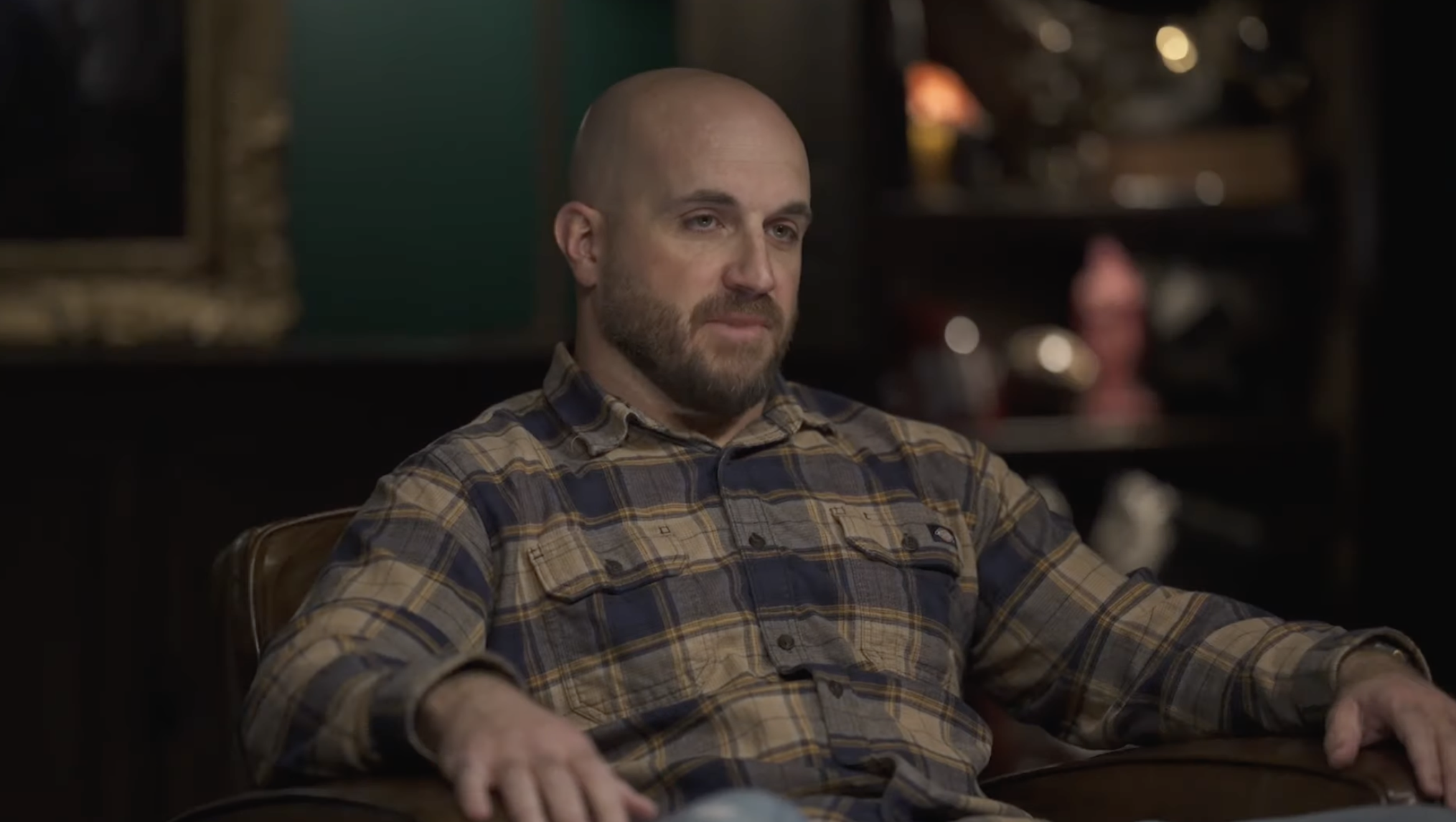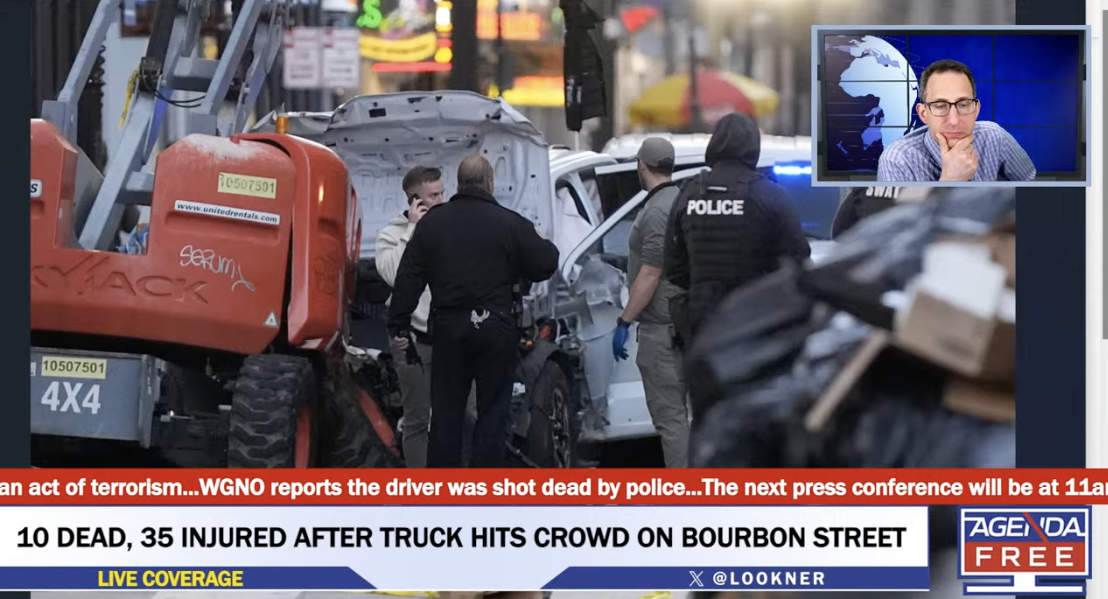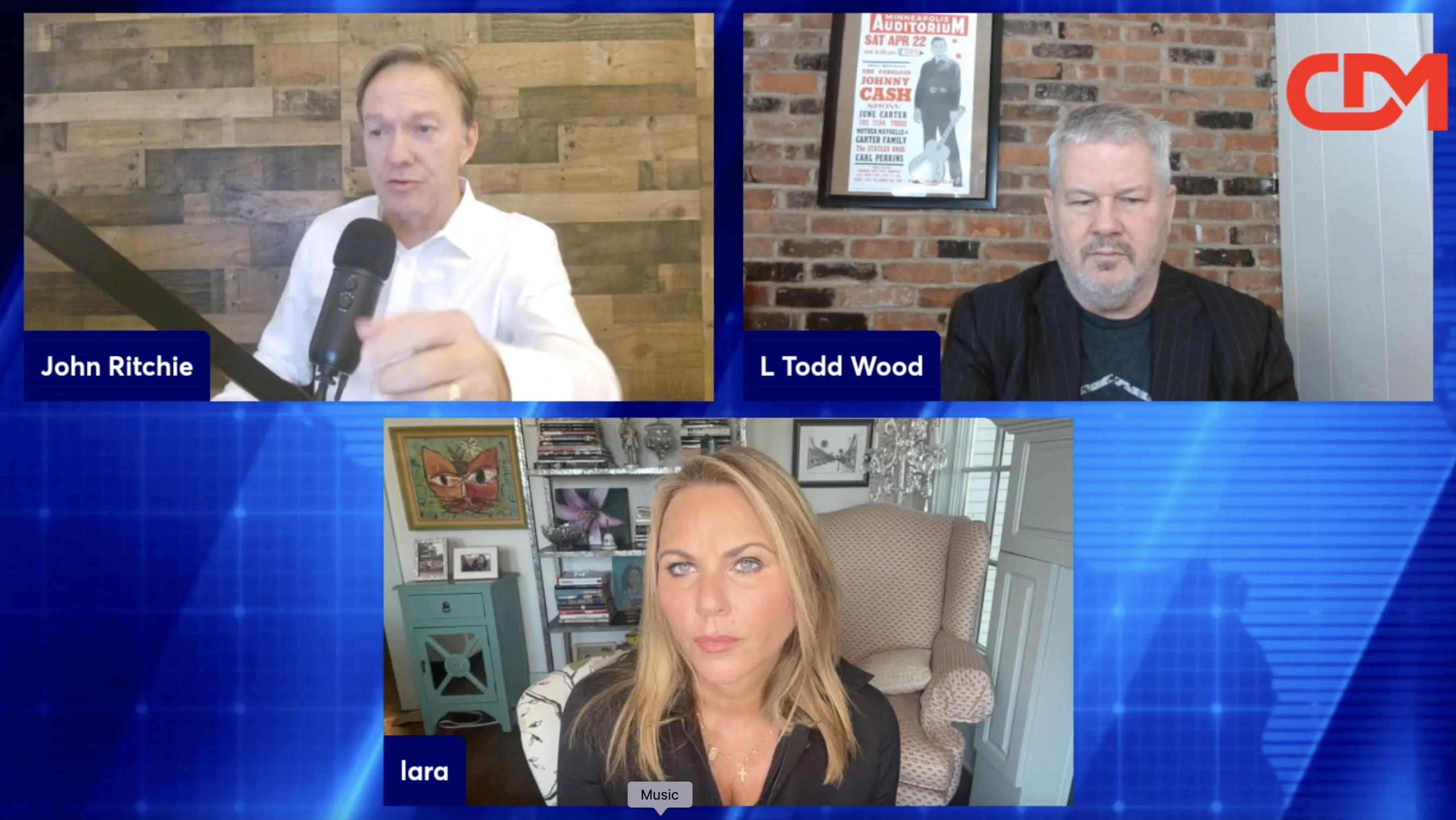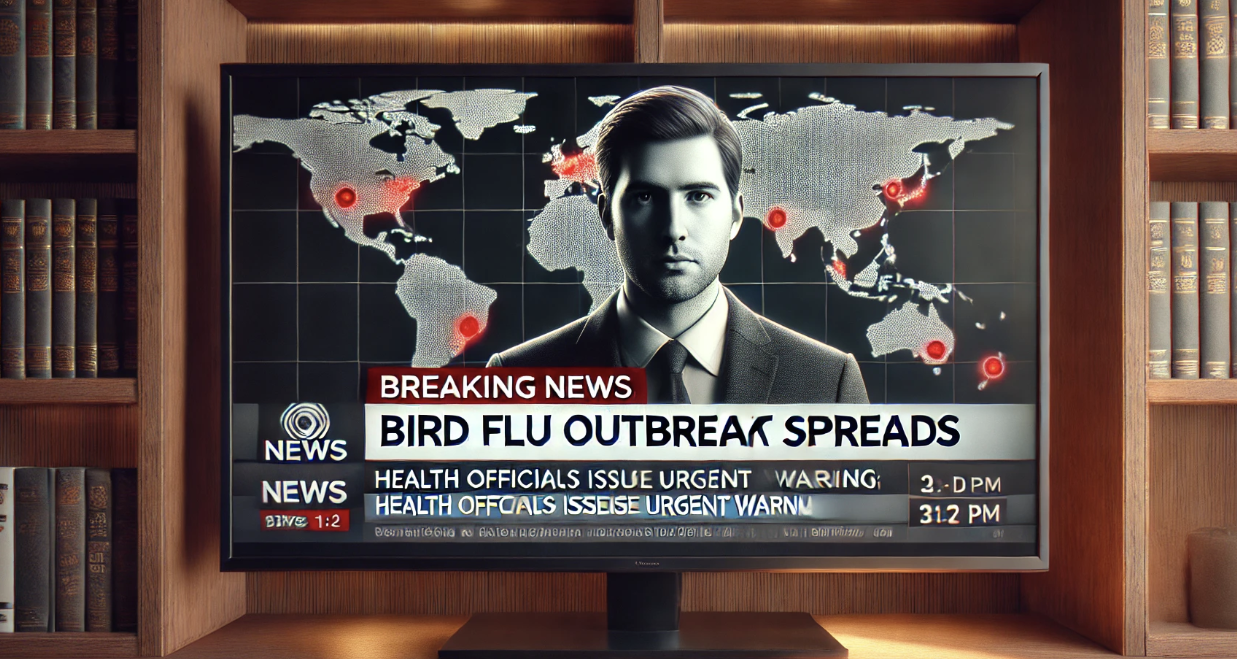
Please Follow us on Gab, Minds, Telegram, Rumble, Gab TV, GETTR, Truth Social
"A truth that's told with bad intent Beats all the lies you can invent." William Blake - Auguries of Innocence
Why would members of the military, law enforcement, or the medical field, professions whose reputation is based on honesty, trust, and integrity, emulate members of Congress, whom 9% of Americans rate low or very low on these benchmarks? Lately, the public's confidence and trust in all major institutions has eroded. The PEW Research Center noted an overall decline in nine major influential professions with business leaders, journalists, and elected officials tallying the lowest approval ratings. The latter, with a confidence score of 24%, recorded the lowest score by a large margin. The lack of trust in institutions occurred in white, black, and Hispanic respondents, although political affiliation was a factor.
The Urban Dictionary describes quibbling as “lying or avoiding the truth to avoid the issue or dancing around the question by pretending not to understand it or arguing over semantics.” Telling half truths to gain a personal advantage prompted the Air Force Academy, an institution based on the highest standards of integrity, to equate quibbling to lying. In 1985 a spokesman for the Air Force Academy affirmed this standard as it applied to a high ranking cadet accused of quibbling, "Quibbling is the creation of a false impression in the mind of the listener by cleverly wording what is said, omitting relevant facts, or telling a partial truth when one does so with the intent to deceive or mislead. Quibbling is a form of lying and that is a violation of the Cadet Honor Code."
Members of the press, whose specialty is advocacy journalism, excuse quibbling by describing it in euphemistic terms: spinning, deflecting, hedging, redirecting, and managing. Samual Johnson pointed out the dangers of quibbling, “A quibble is to Shakespeare what luminous vapours are to the traveller: he follows it at all adventures; it is sure to lead him out of his way and sure to engulf him in the mire.” The intent is to relabel dishonesty and declare the use of half truths as an acceptable practice in public discourse. However, as Mark Putnam notes, "Spinning is like any other kind of dishonesty, it's wrong. It makes good old fashioned lying sound clever and trendy. It can be said that stupid people lie and smart people spin."
When mimicking lawmakers by seeking the limelight and resorting to quibbling, leaders of the medical and military communities undermine public trust in these institutions.
Character developer Michael Josephson emphasized this relationship, "Reputation, trust, and credibility are assets no organization can afford to lose and the surest way to lose them is to lie." Elite organizations insist on the highest standards- integrity first, service before self, and excellence in all endeavors. Traditionally, military professionals are bound by a higher moral standard than the public they protect.
The American Medical Association Code of Medical Ethics tasks physicians to be honest in all professional interactions and regard the needs of their patients as paramount.
‘NO AD’ subscription for CDM! Sign up here and support real investigative journalism and help save the republic!
The public perceives that the schism between these standards and their successful implementation is widening. A December 2021 poll from Breaking Defenseindicated 40% of Americans placed a great deal of trust in the U.S. military -- down from 70% two years previously. A 2018 article in Medical Economicscited numerous studies that concluded that trust is important to healthy doctor-patient relationships. In 1966 73% of Americans had great confidence in the leaders of the medical profession.
By 2012 only 34% felt the same way according to the New England Journal of Medicine. In 2017 SERMO, a private physician social media network, reported 87% of U.S. physicians said patients trust their doctors less than 10 years ago.
The American Board of Internal Medicine added that trust in individual physicians exceeds that of healthcare organizations, but trust in physicians diminished during Covid 19.
When discussing Jordan Peterson's emphasis on the importance of telling the truth in the book Twelve Rules for Life, David Didau remarked, "The truth is a commodity in short supply. The world around is objectively real and packed with immutable facts, but it is also a never-ending conveyor belt of spin, fake news, advertising, self promotion... It can often seem hard to distinguish between the two." Peterson speaks about the power of lying through manipulation of the language to achieve one's intended goals. At some point, however, the perpetual behavior affects one's judgment, as one's imagination and perception become distorted.
The Department of Defense's use of medical half truths to validate a rigid mandatory Covid 19 vaccination policy at the Air Force Academy serves as an example of how trust in institutions is jeopardized. A number of cadets objected to receiving the Pfizer vaccine for either religious or medical reasons. They rightly contended that being young and in excellent health placed them at low risk for adverse effects due to an Omicron variant infection. They also noted that the vaccine protective period is short lived, and it neither prevents infection, nor its transmission. Those who had achieved natural immunity from a previous infection stated that they were better protected than those who were vaccinated. The lack of proper informed consent and the administration of the Pfizer emergency use only (EUA) product rather than the FDA approved Comirnaty version added to the objections.
The Academy Superintendent categorically denied all requests for a vaccine exemption and delivered an ultimatum -- either receive the vaccine or face expulsion or punishment. The reasons supporting the decision are a classic example of quibbling, and the Superintendent, who attended the Academy in 1985 during the highly publicized quibbling incident, should know that it is unethical to issue commands that rely on quibbling to justify them. The letters of denial sent to the cadets contained pre Omicron data that grossly exaggerated the benefits of the vaccine and the deleterious effects of the disease. At one time early in the course of the Covid pandemic, vaccination may have reduced hospitalization and death, but this statistic does not apply to the Omicron variant in the context of healthy, young adults. He incorrectly noted that presently the vaccines protected against acquisition and transmission of infections.
Natural immunity, questions about improper informed consent, and the use of the EUA vaccine were ignored.
During this Superintendent's tenure, he oversaw disciplinary action in the aftermath of one of the worst cheating scandals in its history, involving about 250 cadets. Less than 10% were expelled, while the others were allowed to graduate after participating in additional honor training. These cadets, who were involved in overt dishonorable behavior, were allowed to graduate and receive Air Force commissions, while cadets who refused to receive the Pfizer vaccine for either medical or religious reasons were denied this opportunity. Double standards and capricious decisions diminish the public's trust in high-ranking offiicers and their ability to make rational, non-political choices. These actions have permanent consequences and undermine the trust and integrity of the organizations they represent.
























